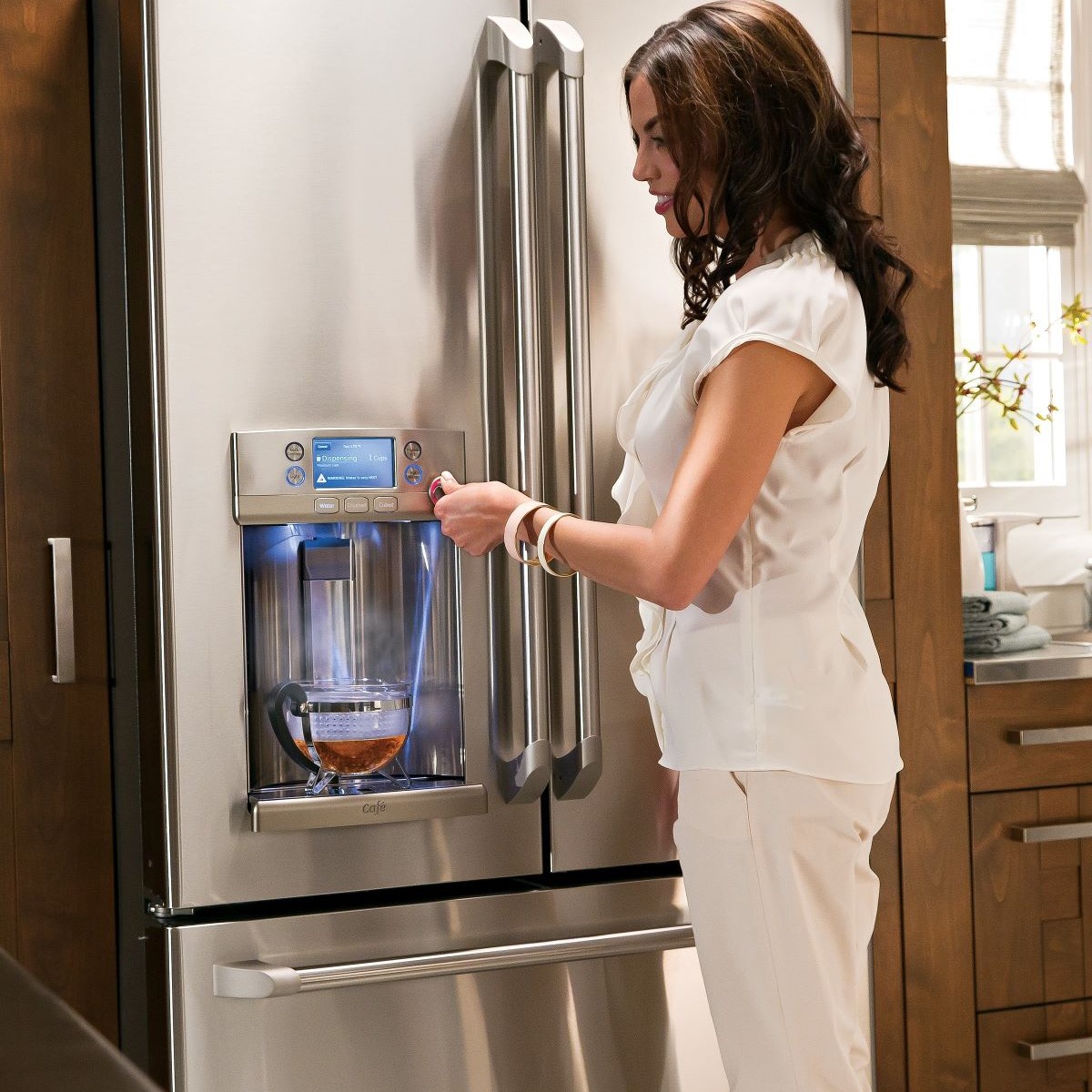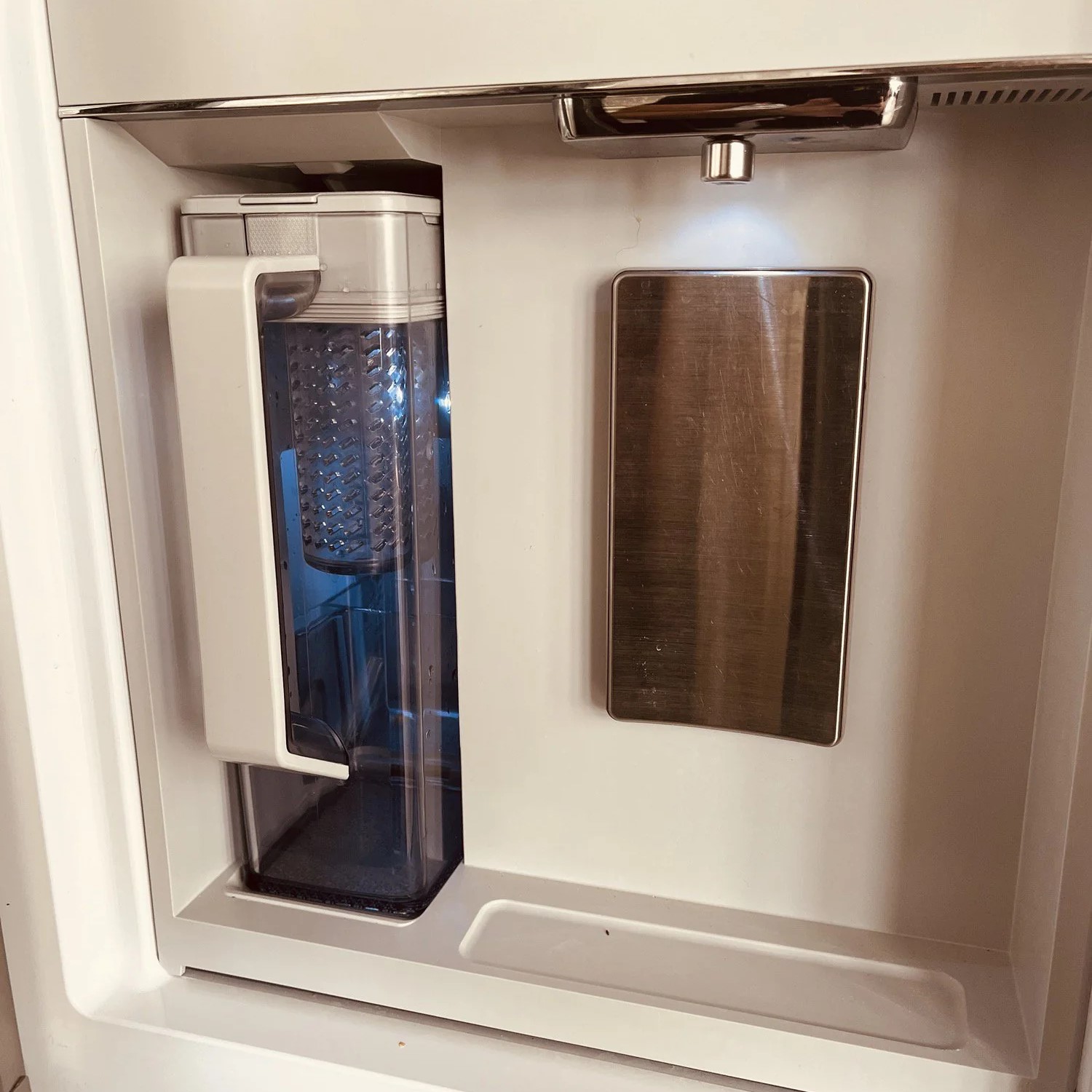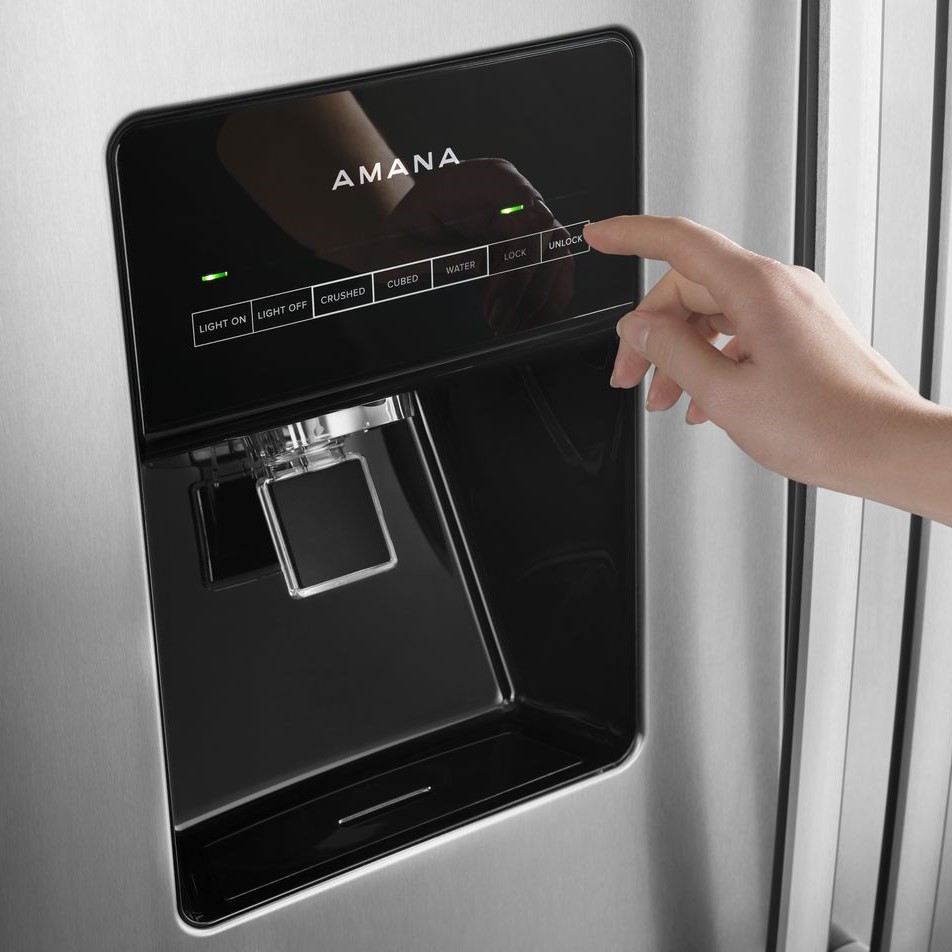A refrigerator water dispenser is a convenient feature that allows users to have access to chilled water without having to open the fridge. However, it can be frustrating when your refrigerator water dispenser is slow. Factors contributing to this issue can range from simple obstructions to more complex mechanical failures. In this article, we will explore the reasons behind a slow refrigerator water dispenser, the implications of these issues, and the steps you can take to solve them effectively.
Common Causes of Slow Water Dispensers
Understanding the root of a slow water dispenser is vital to fixing it. Here are widespread causes.

Clogged Water Filter
A clogged water filter often leads to slow water flow in refrigerators. Over time, filters trap sediments and particles from water, causing clogs. A high accumulation of contaminants blocks water flow, resulting in slow dispensing. Check your refrigerator model’s manual to find the filter location and examination steps.
Low Water Pressure
Low pressure in the household’s water supply can affect dispensers. Ensure the pressure meets your refrigerator’s minimum requirement. This figure is typically around 20 to 40 psi. If below this range, the dispenser may work slower than usual. A pressure gauge can help you measure and confirm pressure levels.
Frozen Water Lines
In chilly environments, water lines can freeze, disrupting the flow. The lines typically run through the back of the fridge where temperatures fluctuate. Signs of freezing include water trickling out or no water at all. Inspect the lines periodically, especially in colder months, to prevent this issue.
Steps to Diagnose the Issue
To diagnose why your refrigerator water dispenser is slow, a systematic approach is ideal. You need to check various components that contribute to the water flow in your refrigerator. Let’s take a closer look at each step to tackle the issue efficiently.
Checking the Water Filter
Start by inspecting the water filter. A clogged filter is a common cause for slow dispensing. First, locate your filter—typically found inside the refrigerator or within the base grille. Remove the filter and check for any sediment or debris buildup. If it appears dirty or clogged, replacing it may resolve the slowdown.
Inspecting Water Supply Lines
Next, examine the water supply lines. Ensure they are not kinked, twisted, or bent, as this can restrict water flow. Look for any signs of damage or leaks. If supply lines appear worn or severely bent, consider replacing them to improve flow.
Examining the Water Valve
Finally, assess the water valve. It controls water flow into the dispenser. Shut off the water supply and locate the valve behind your fridge. Check if the valve is functioning properly. A faulty valve often reduces water pressure, leading to slow dispensing. If damaged, the valve should be repaired or replaced by a professional.
Cleaning and Maintenance Tips
Proper cleaning and regular maintenance can prevent many issues with your refrigerator water dispenser. Let’s explore essential tips for keeping your dispenser efficient.
How to Clean Water Dispenser Lines
To clean your refrigerator’s water dispenser lines, first, unplug the refrigerator for safety. Use a solution of vinegar and water to flush through the lines. This process helps remove any buildup of minerals or debris that might be slowing down water flow. After flushing, run clean water through the lines to clear out any remaining vinegar solution.
Regular Maintenance Schedule
Setting up a regular maintenance schedule is crucial for the longevity and efficiency of your refrigerator water dispenser. It’s recommended to replace the water filter every six months. Regularly check for kinks or damage in the water lines every few months. Also, examine the water valve annually to ensure proper operation. By following these simple maintenance steps, you can keep your refrigerator’s water dispenser working at its best.
 Replacement and Repair Solutions
Replacement and Repair Solutions
When facing a slow refrigerator water dispenser, certain components might need replacement or repair.
When to Replace Your Water Filter
The water filter in your fridge plays a crucial role in maintaining water quality and flow. Replace the filter if:
- Water dispensing is noticeably slower than usual.
- It’s been six months or more since the last replacement.
- The filter appears dirty or clogged upon inspection.
A fresh water filter can improve speed and ensure clean drinking water.
Repairing the Water Dispenser Valves
The water dispenser valves might be the culprit if the water flow is slow even after other troubleshooting steps. Consider repairing the valves when:
- You notice leaking or water dripping from the valve area.
- The water dispenser works intermittently or not at all.
- There’s a lack of pressure even when supply lines are in good condition.
Engage a professional for valve repair or replacement to restore optimal function.
Techniques to Improve Water Flow
To enhance the performance of your refrigerator’s water dispenser, efficient water flow is crucial. Implementing certain techniques can significantly improve the efficiency of water dispensation.
Adjusting Water Pressure
Correct water pressure ensures optimal functioning of refrigerator water dispensers. Here’s how to adjust it:
- Use a pressure gauge to measure the current water pressure.
- If pressure is below 20 psi, consider adjusting your home’s water regulator.
- Increasing pressure closer to 40 psi often resolves slow dispensing issues.
It is important to not exceed the recommended pressure as it might cause leaks or damage.
Preventing Water Line Freezing
Water lines in refrigerators can freeze, especially in colder environments. To prevent this:
- Maintain a consistent fridge temperature.
- Insulate water lines that run in colder areas of the house.
- Check and clear any ice or frost buildup periodically.
By preventing water lines from freezing, you ensure continuous and efficient water flow through the dispenser.
 FAQs on Refrigerator Water Dispensers
FAQs on Refrigerator Water Dispensers
Facing a slow water dispenser can be frustrating and may signal underlying issues. Let’s address some frequently asked questions to help you better understand and manage your refrigerator’s water dispenser.
Why is sudden slow water flow a concern?
A sudden decrease in water flow from your refrigerator dispenser is troubling. It hints at potential blockages, frozen lines, or equipment malfunctions. Ignoring this can worsen the problem, leading to costly repairs or part replacements. Quick action is advised to avoid bigger issues and to ensure your water dispenser functions properly.
Tips for optimal refrigerator performance
Track these simple but effective tips to keep your refrigerator water dispenser slow issue at bay:
- Regularly Replace Water Filters: Change filters every six months for the best flow and water quality.
- Monitor Water Pressure: Ensure that your home’s water pressure is within the recommended range for your fridge.
- Prevent Line Freezing: Keep the fridge at a consistent temperature to prevent water lines from freezing.
- Conduct Seasonal Checks: Especially in cold months, inspect water lines for ice buildup.
Using these guidelines will help maintain a steady flow and extend the life of your refrigerator.
Remember to incorporate the keyword ‘refrigerator water dispenser slow’ within these answers in a seamless and organic manner, adhering to the suggested keyword density for the blog post. Maintain simplicity and clarity, making sure the information is accurately conveyed to the readers looking for solutions to their slow water dispenser troubles.
Conclusion
A refrigerator water dispenser slow malfunction can be frustrating and inconvenient. However, by understanding the common causes, following troubleshooting steps, and maintaining your appliance, you can restore your kitchen’s convenience. From checking the water filter to ensuring adequate water pressure, diligent care goes a long way in ensuring the longevity and performance of your refrigerator’s water dispenser. By taking proactive steps today, you can avoid larger problems down the line and enjoy refreshing water with ease. Don’t underestimate the importance of maintaining a functional and efficient refrigerator water dispenser; it plays a vital role in your home’s daily life.
